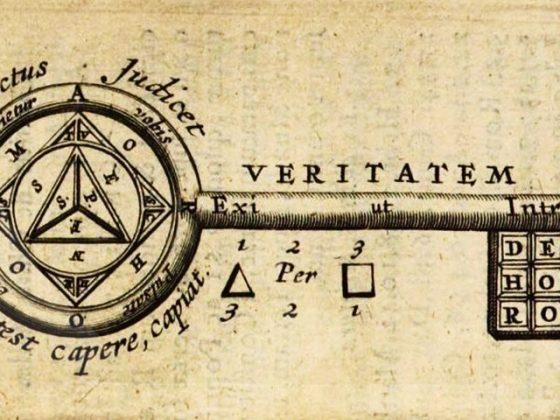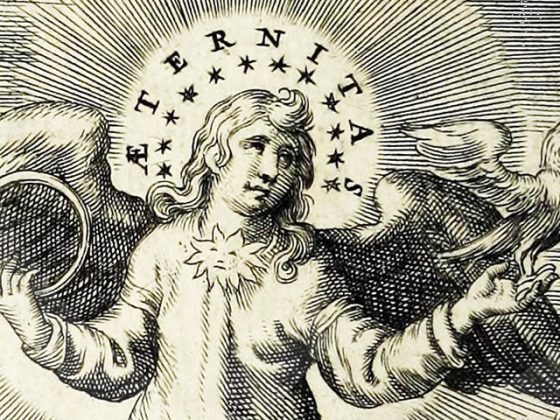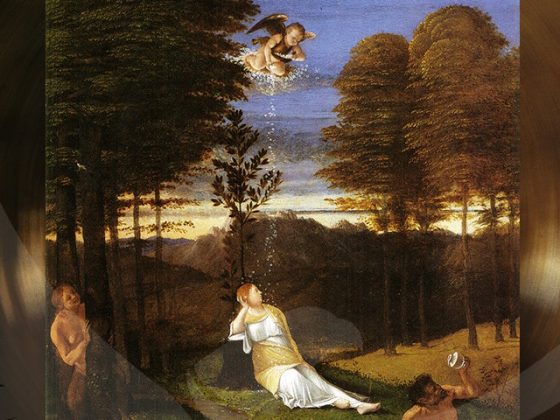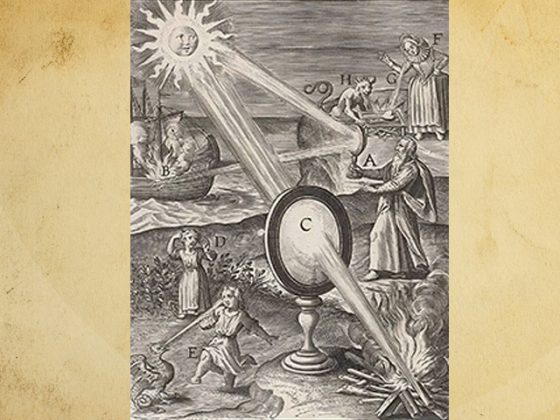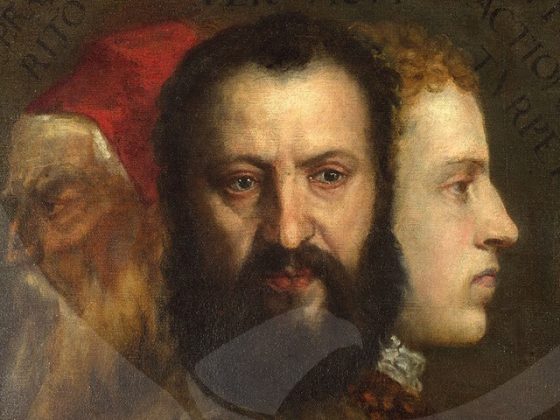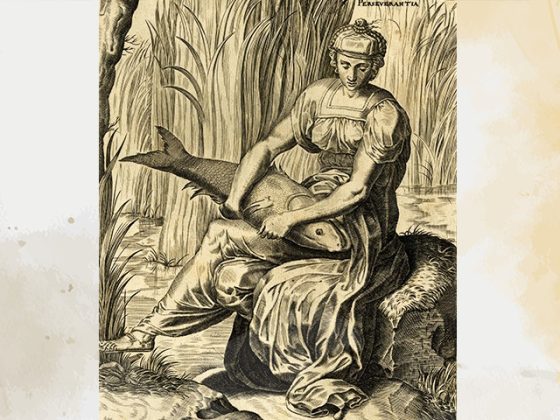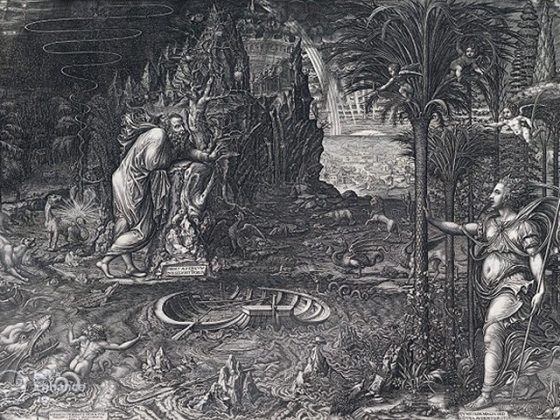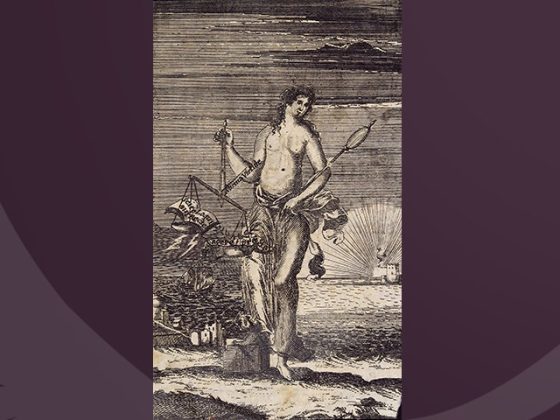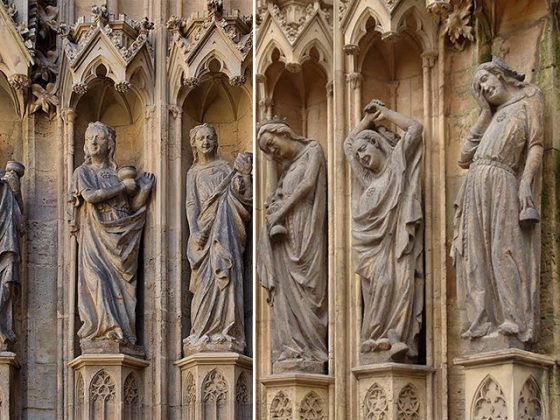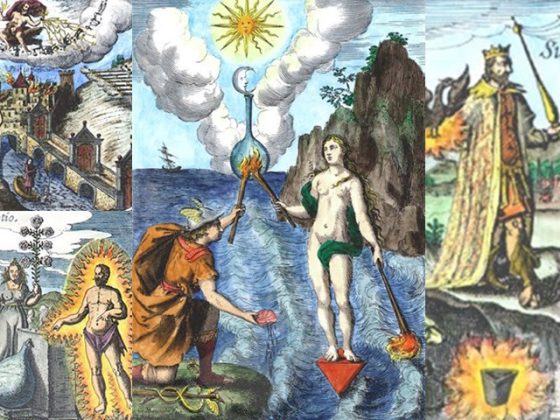This engraving has a very profound significance for the scholars of Kabbalah and Alchemy, and, obviously, since we by means of Gnosis are scholars of these two sciences, it is clear that all this subject matter concerns us.
“Consideratio segunda” (SECOND CONSIDERATION. In which Nature represents eternity)
The present engraving, in addition to its beauty, reminds us of the archetypes linked to eternity that we find in the sacred scriptures of all times.
Allegory of chastity
I am glad to send you this oil painting by an artist named Lorenzo Lotto, from the time of 1505. This work is preserved in the National Gallery of Art in Washington.
The title of this artistic work is Allegory of chastity or Allegory of the Vigilant Sleep of the Soul
Specvlvm vrens (Burning mirror)
But what we must take into account above all, giving it priority in the science that interests us, is the high purifying virtue that fire possesses. Pure principle par excellence and physical manifestation of purity itself, it thus points out its spiritual origin and reveals its divine filiation.
Prudence is the fundamental virtue we must attain in order to observe whether changes have occurred in our inner work.
It is said that the alchemical transmutational art requires an enormous dose of patience and its ally, perseverance.
This engraving shows us, with all its initiatic and alchemical symbols, the Hermetic Way that leads us to the inner self-realization of the Being.
The mysteries of Alchemy intertwined with Greek Mythology show us the great realities that exist in the background of the greatest of the arcana in the history of mankind.
The prudent virgins and the foolish virgins
When we want to study the subject of Alchemy, it is necessary to study the prudent virgins and on the other side the foolish virgins of the portico of the Cathedral of Erfurt in Germany.
V.M. Kwen Khan Khu wants to share with us some reflections on four important and very enlightening alchemical engravings.


